Search
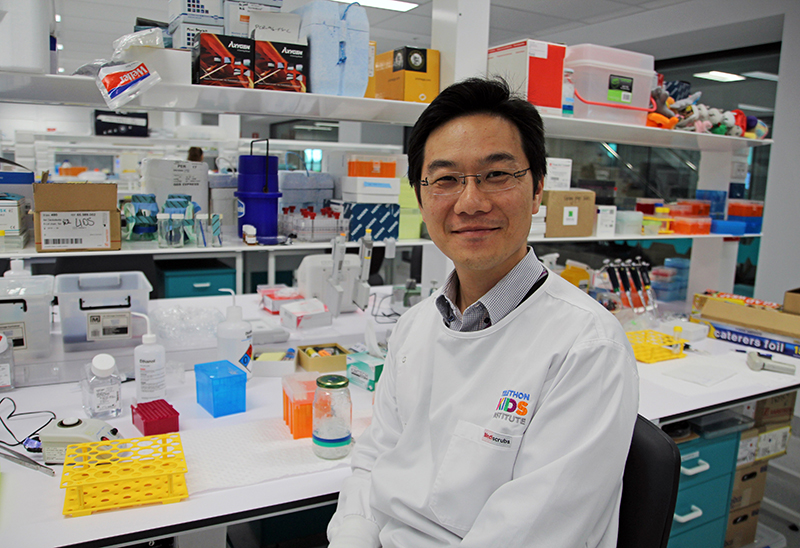
News & Events
Working to end childhood cancer: A father’s storyDr Laurence Cheung is doing everything he can to end the threat of childhood leukemia. His research has the potential to change countless lives, but he also has another important job – being a dad to three beautiful children.
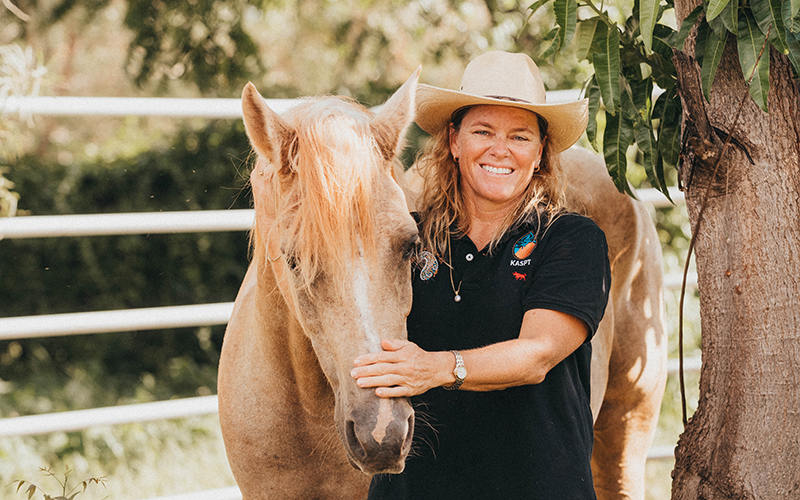
News & Events
Major funding boost for innovative Yawardani Jan-ga programA trail-blazing Aboriginal-led program which uses equine-assisted learning to address the urgent needs of young Aboriginal people across the Kimberley has been given a major funding boost, thanks to a generous grant from Healthway.

News & Events
Celebrating CONNECTAt The Kids Research Institute Australia, we’ve always known what a fantastic community we have around us.
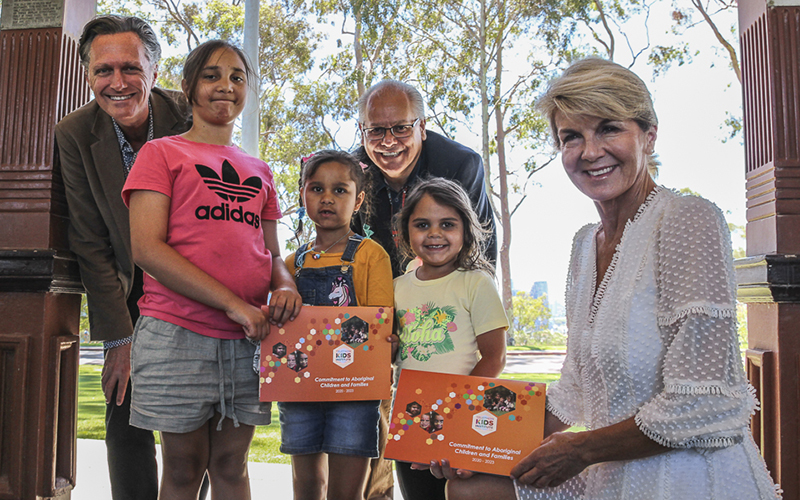
News & Events
Our Commitment to Aboriginal Children and FamiliesWe will prioritise our partnerships with Aboriginal families and communities across Western Australia and beyond to improve the health and development of their children.
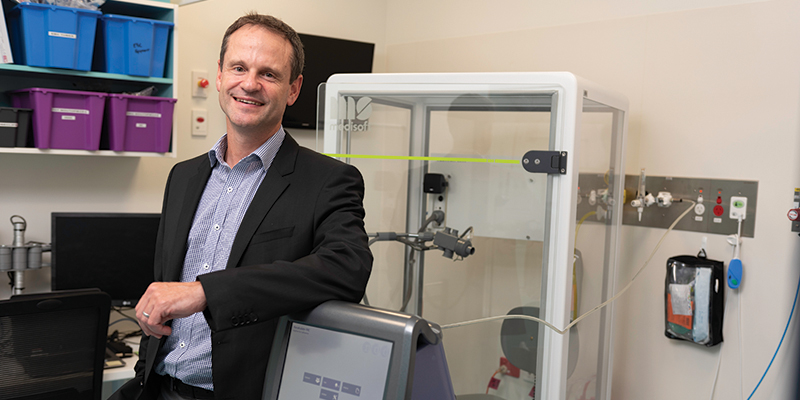
News & Events
Big data science may help unlock simple test for asthmaPaediatric respiratory physician and The Kids researcher André Schultz has had to wait more than a decade to test out a simple idea.
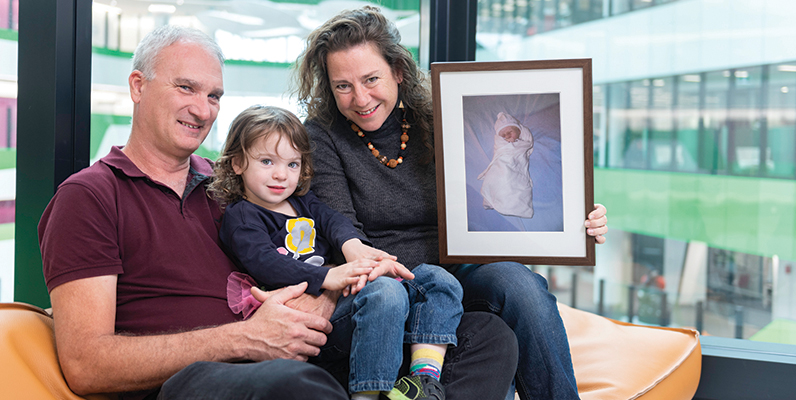
News & Events
Busting myths around stillbirthTelethon Kids Institute researchers believe a public education campaign, like the one SIDS, would help to reduce the number of babies who are stillborn.
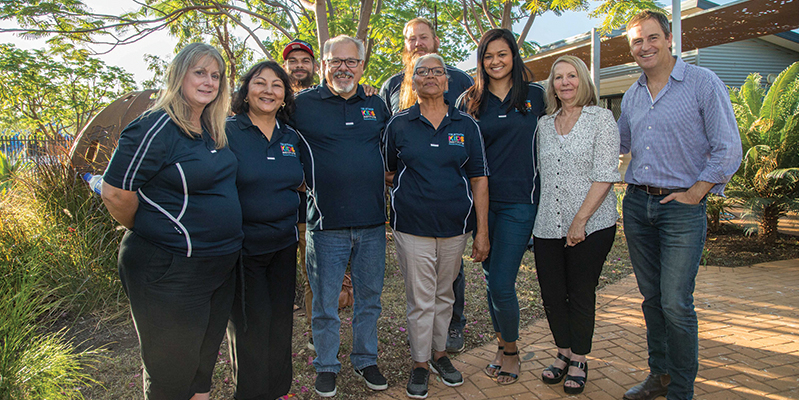
News & Events
Warajanga marnti warranja – together we walk on countryA $5 million commitment from BHP has allowed The Kids researchers and Aboriginal communities to make FASD history in the Pilbara.
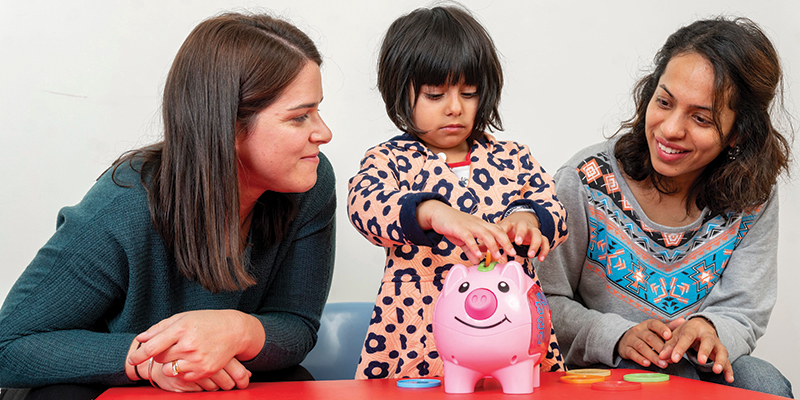
News & Events
Unique CliniKids a marriage of research and practiceA unique new model developed by the The Kids autism research team marries cutting-edge research with clinical practice to offer families innovative, evidence-based interventions designed to help kids reach their full potential.
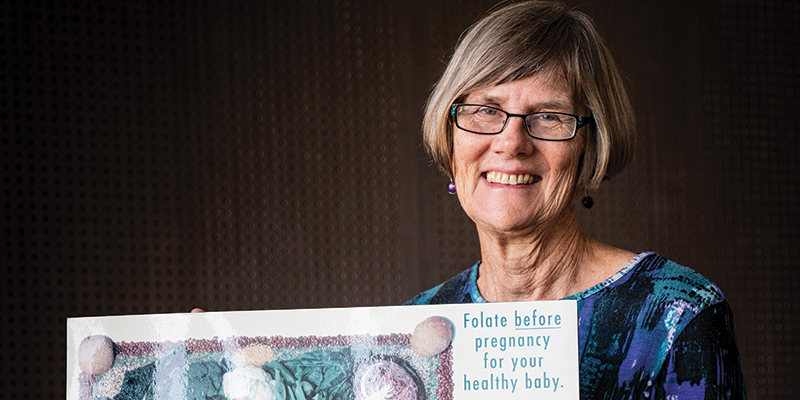
News & Events
Data key to policy winA key tool in the push to achieve mandatory folate fortification came in the form of data provided by the Western Australian Register of Developmental Anomalies (WARDA) – originally established by Professors Carol Bower and Fiona Stanley.
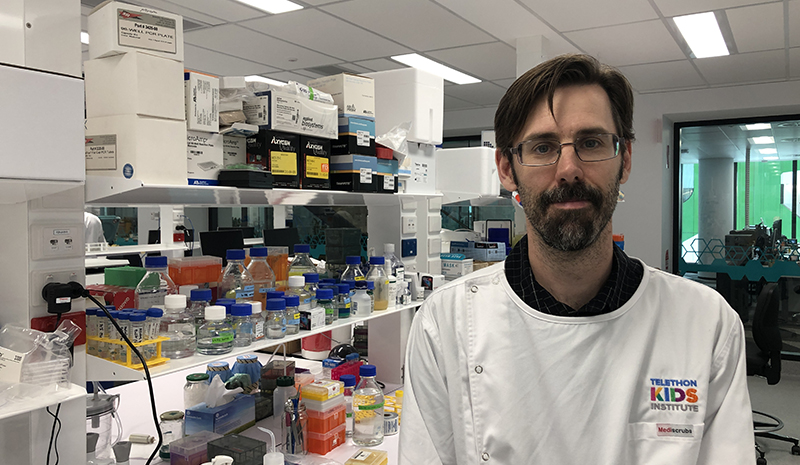
News & Events
‘Nicotine-free’ e-juice samples found to contain nicotine and harmful chemicalsSix out of ten ‘nicotine-free’ e-cigarette liquids analysed by The Kids Research Institute Australia researchers contained nicotine as well as an acutely toxic chemical typically found in pesticides and disinfectants.
